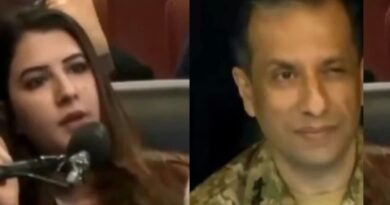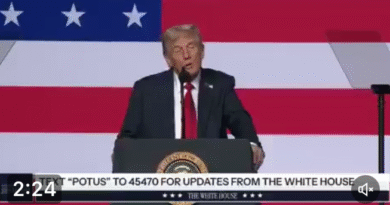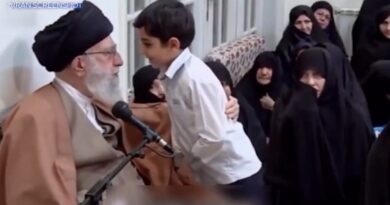ICC Rejects PCB’s Demand to Oust Match Referee Over India-Pakistan Handshake Snub in Asia Cup
Indian team to shun handshakes with Pakistani players throughout tournament, citing post-Pahalgam tensions and Operation Sindoor
By NewsArc Bureau
Dubai, September 16, 2025: The International Cricket Council (ICC) on Tuesday dismissed the Pakistan Cricket Board’s (PCB) plea to remove match referee Andy Pycroft from the ongoing Asia Cup, following the Indian team’s refusal to shake hands with Pakistani players during their September 14 clash. The decision comes amid heightened Indo-Pak tensions, with sources indicating that Team India’s stance—agreed upon by the Board of Control for Cricket in India (BCCI) and the government—stems from the April 22 Pahalgam terror attack and India’s subsequent Operation Sindoor retaliation.
In a stunning seven-wicket victory, India chased down Pakistan’s modest total of 127 all out in 16 overs at Dubai International Stadium, but the post-match optics drew sharp criticism from across the border. Indian captain Suryakumar Yadav notably skipped the traditional handshake with Pakistan’s Salman Ali Agha at the toss, and the team avoided post-game courtesies entirely, locking their dressing room doors upon arrival. Yadav later explained, “Some things transcend the spirit of the game,” dedicating the win to the Indian armed forces in solidarity with victims of the Pahalgam assault, where Pakistan-backed militants killed 26 Indians after segregating them by religion.
PCB Chairman Mohsin Naqvi, who also heads the Asian Cricket Council (ACC), accused Pycroft—a former Zimbabwe cricketer and ICC Elite Panel member since 2009—of instructing the captains to forgo handshakes under Indian duress, violating the ICC Code of Conduct and cricket’s ethos. Naqvi demanded Pycroft’s immediate removal on Monday, warning that Pakistan could withdraw from the tournament if unmet. The board lodged a formal complaint, blaming the referee for failing to enforce sportsmanship, though ICC sources clarified that no rule mandates post-match handshakes—it’s merely a customary gesture.
In a related move, PCB suspended its Director of International Cricket Operations, Usman Wahla, for delaying the complaint, which should have been filed at the toss itself. Naqvi emphasized that the incident undermined the game’s integrity, but ICC’s rejection leaves Pycroft in place for the remainder of the event.
India’s no-handshake policy is set to persist through the tournament, including a potential Super-4 rematch against Pakistan on September 21—contingent on the hosts defeating UAE. Sources suggest that if India reaches and wins the September 28 final, Yadav’s team would decline to accept the trophy from Naqvi, underscoring the diplomatic chill.
The controversy has ignited reactions from Pakistani cricket legends. Former captain Rashid Latif urged India to “fight a war if it’s about Pahalgam, not drag it into cricket.” Pacer Shoaib Akhtar praised India’s on-field performance but cautioned against mixing politics with sport, while all-rounder Shahid Afridi echoed, “Let cricket remain cricket; keep politics out.” A senior BCCI official countered, “No rules compel handshakes with a nation whose relations are so strained—India isn’t obligated.”
Operation Sindoor, India’s May 7 precision strikes that demolished nine terror camps linked to Jaish-e-Mohammed, Lashkar-e-Taiba, and Hizbul Mujahideen in Pakistan and PoK, plus nine Pakistani airbases, was a direct response to the Pahalgam carnage. The first India-Pakistan encounter since then amplified the symbolic weight of the gesture.
Neither BCCI nor ACC has issued an official statement, but the episode highlights the fragile balance between sport and geopolitics in South Asian cricket. As the Asia Cup progresses, eyes will be on whether this rift escalates or fades into the background of competitive play.




